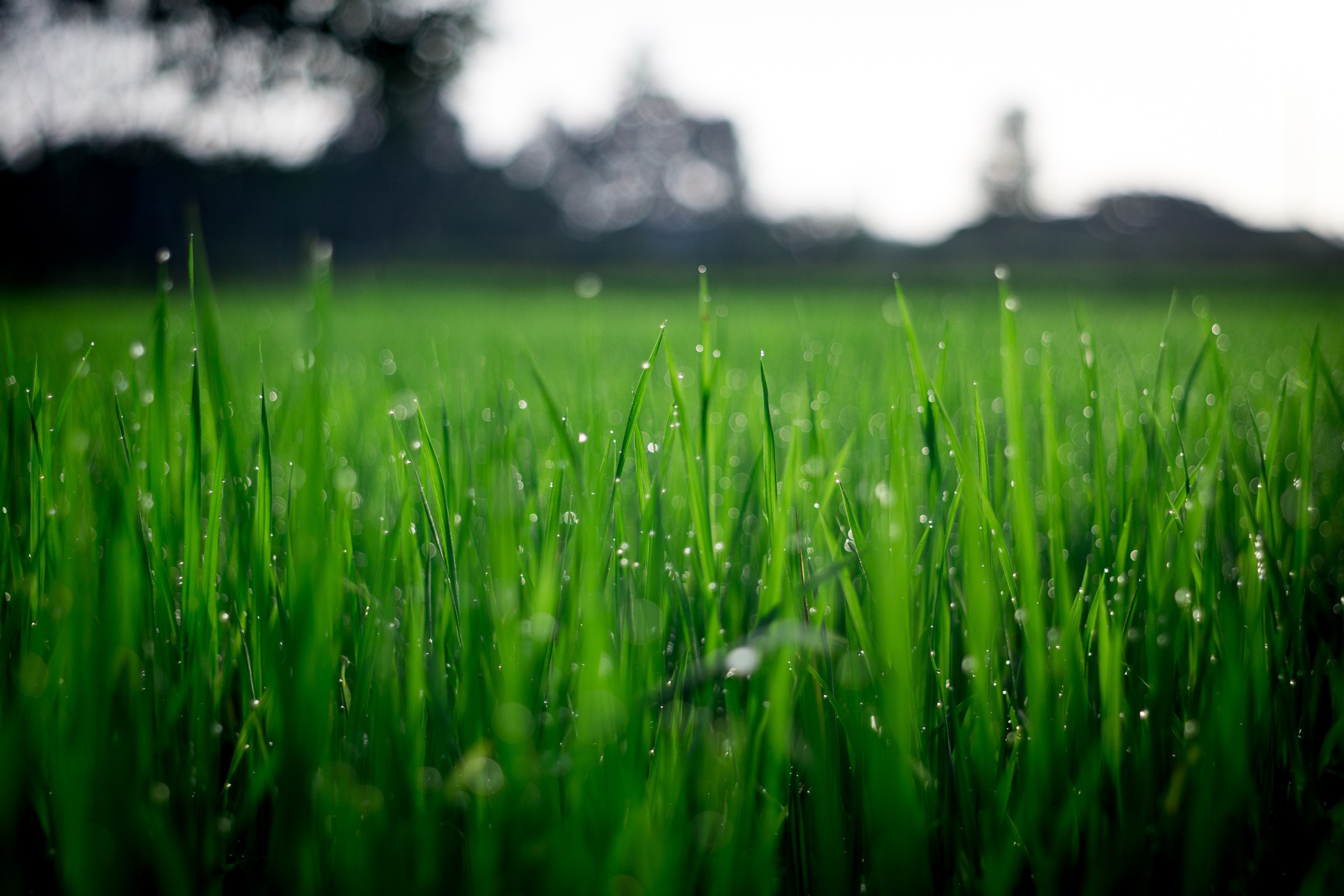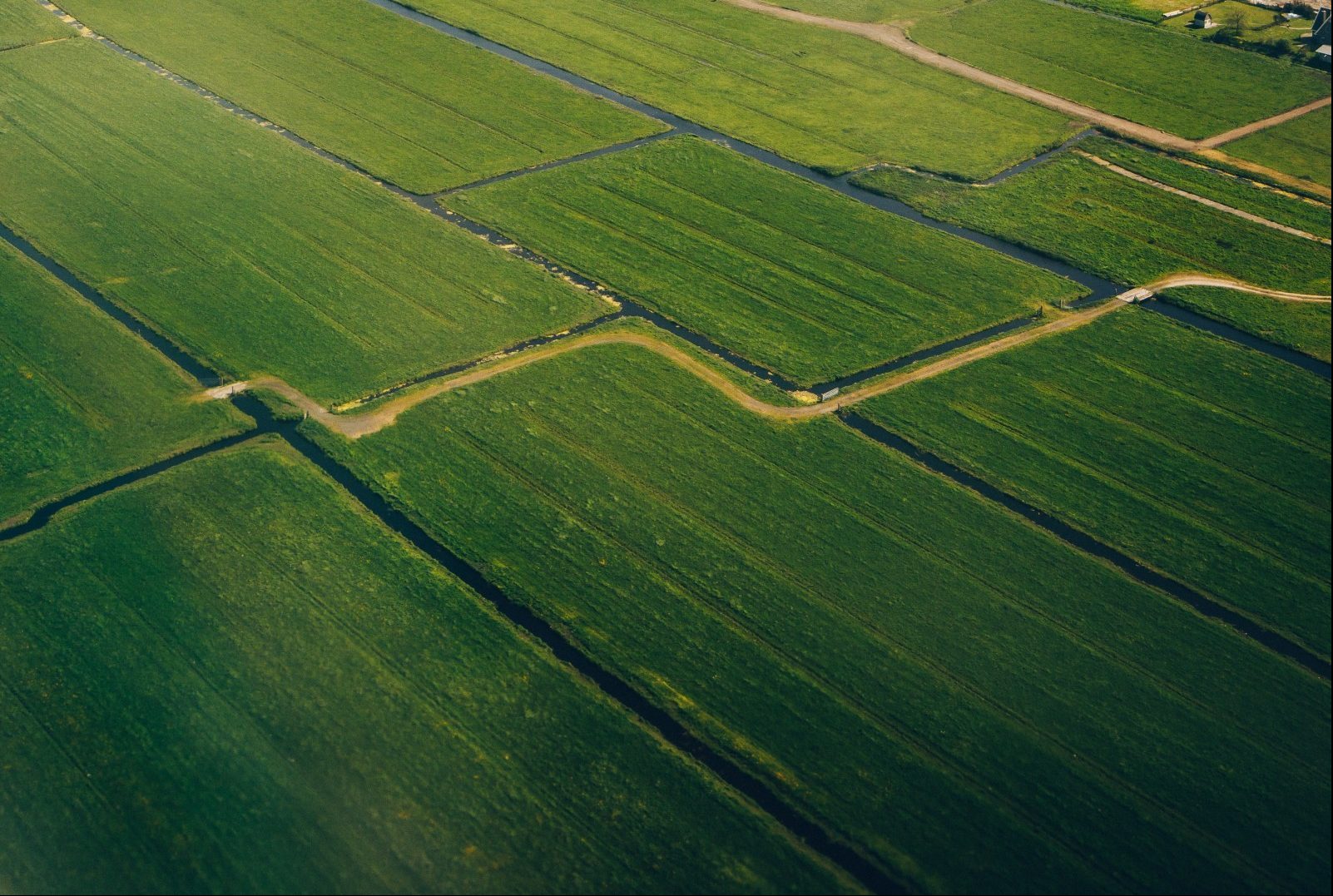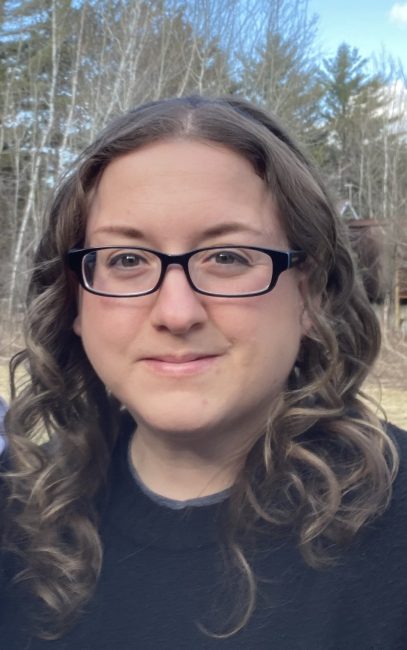Soil Testing
Soil Testing & Analysis
Soil testing is done at the Soil and Forage Analysis Lab in Madison

Lawn & Gardens
Home lawns, home vegetable and flower gardens, non-commercial fruit crops, landscape trees and shrubs.

Wildlife Food Plot
Planted area of grains (corn, soybeans, millet, etc.) or legumes to provide wildlife food and cover.

Field
Field crops, commercial vegetables and fruit crops.
Important Notes
- A soil sample is no more than 2 cups of soil.
- All twigs, pebbles, and other foreign materials should be removed from the soil sample.
- Bring your sample(s) to the Extension Oneida County office: Northwoods Center (Nicolet), lower level, Room 121.
- Results sent 10-14 days after sample(s) received by lab.
Cost Guide
Click Here for UW Soil and Forage Lab Price Guide
CHECKS ONLY – NO CASH OR CARDS
Make checks payable to “Soil and Forage Analysis Lab”
Extension staff will box your soil sample(s) up for you – you can either take the sample(s) to the post office yourself, or we can send them for you. There is a charge for postage: 1-2 samples = $10.40 | 3-6 samples = $18.40 – rates based on USPS Priority Mail pricing guidelines and may change without notice based on current pricing by USPS.
*Make checks for postage costs payable to “UW-Extension Oneida County”*
MORE RESOURCES TO CHECK OUT
Jessica Young, Extension Oneida County, Office Manager
Phone: 715-365-2750





